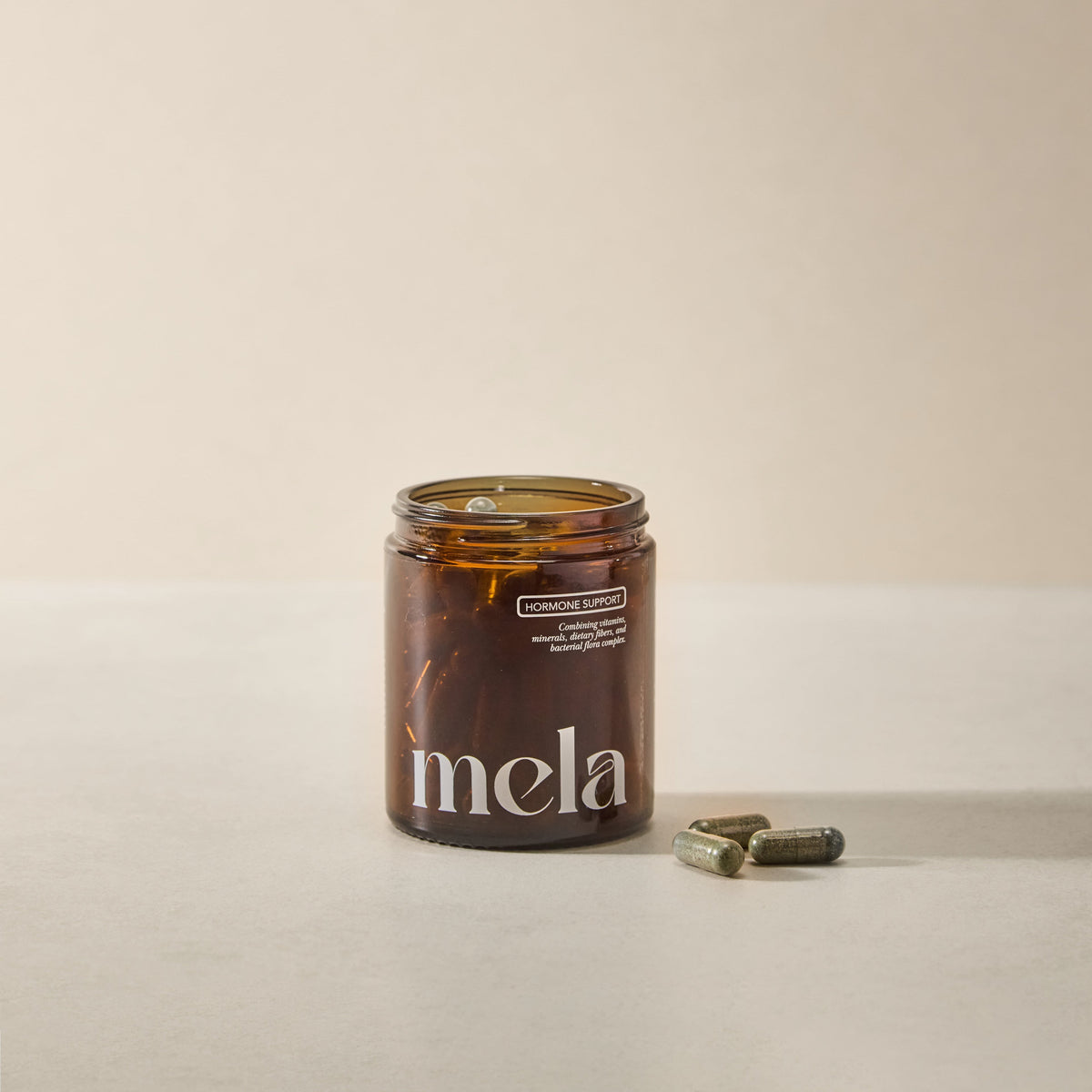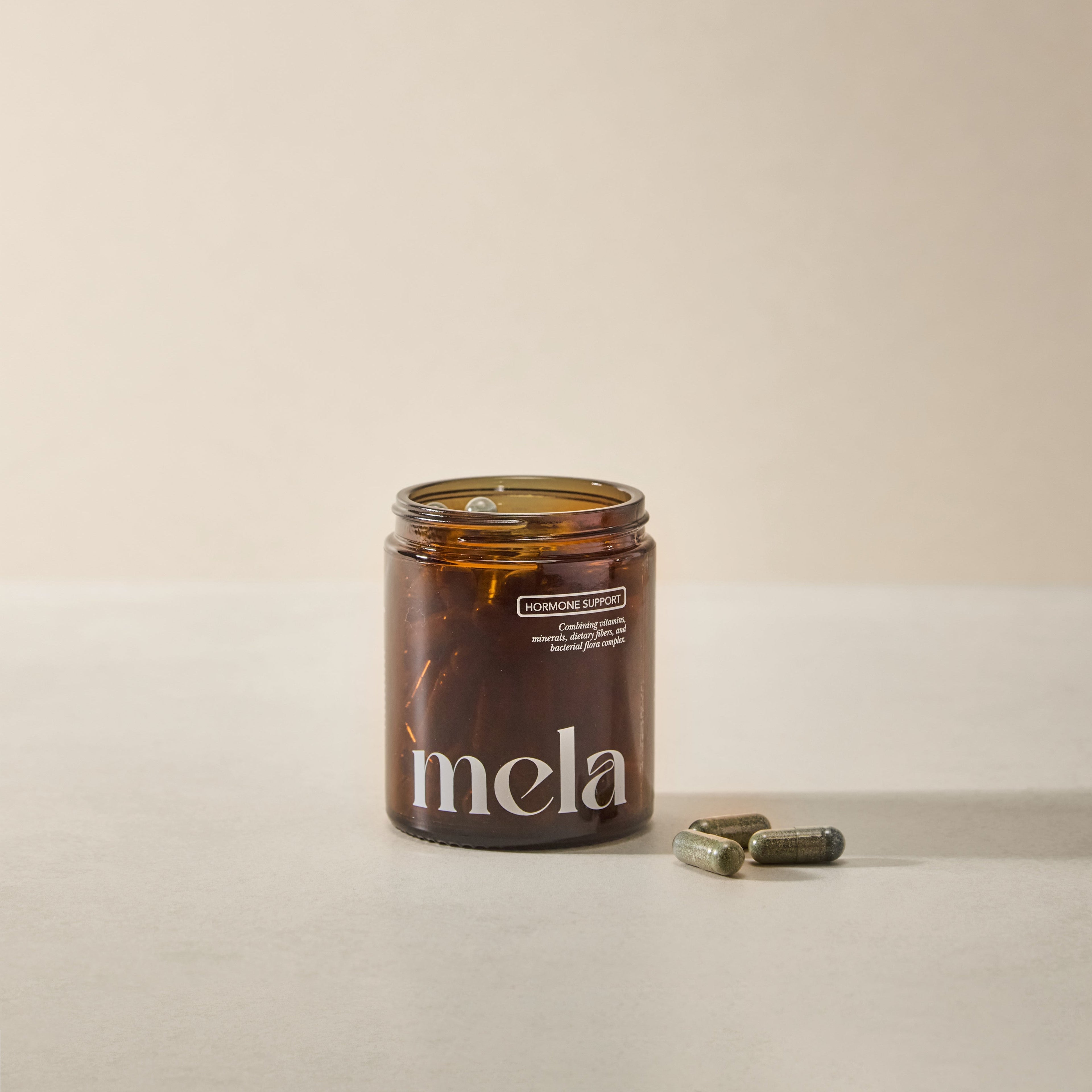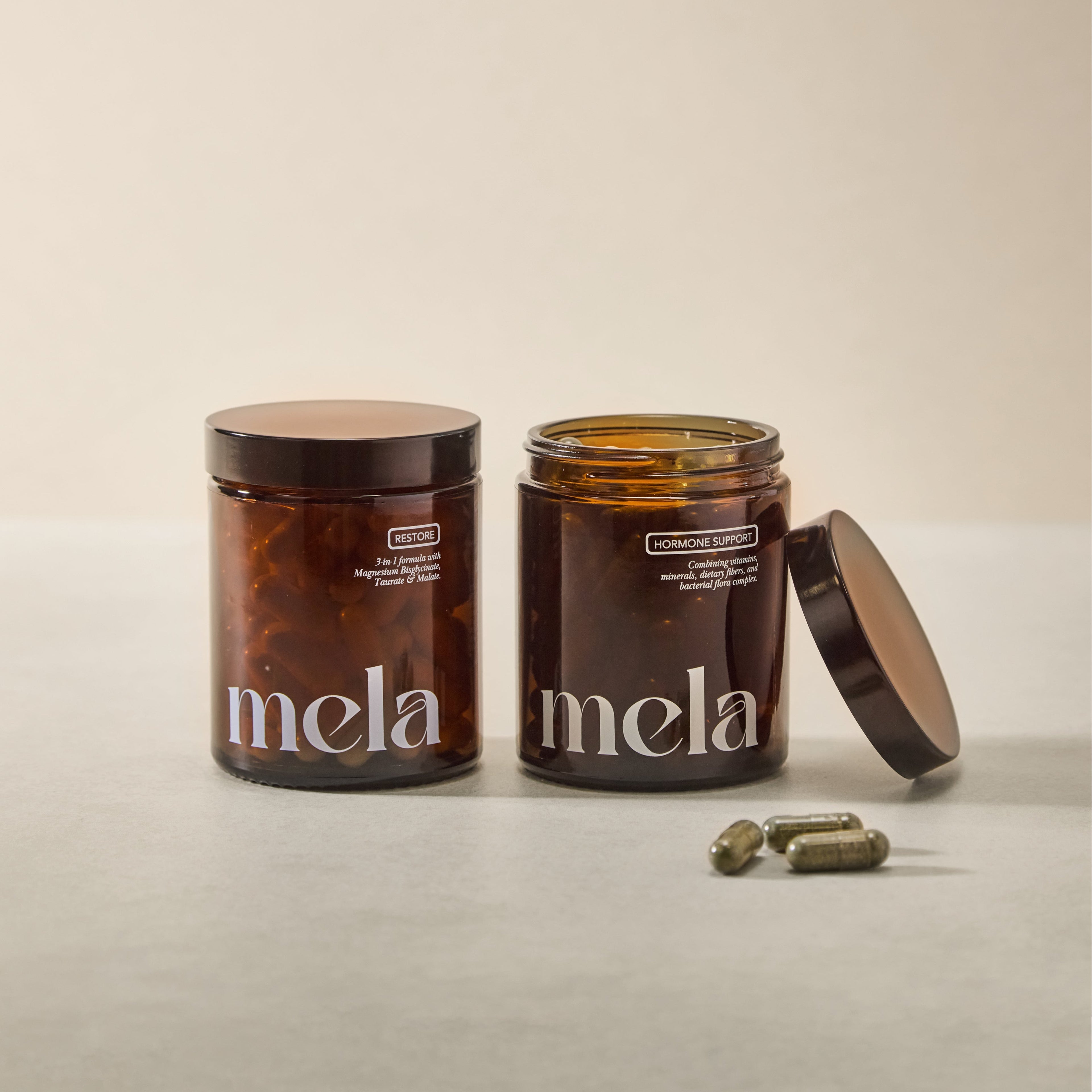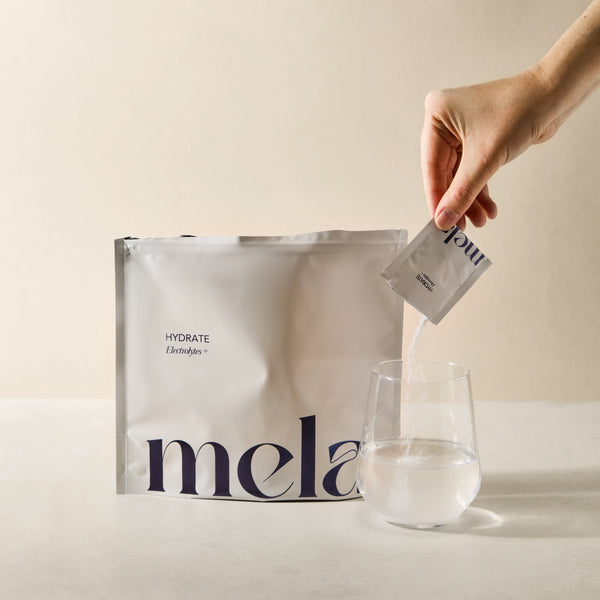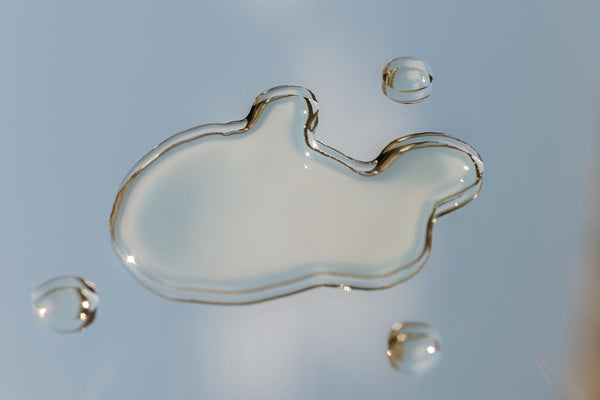Järn är ett livsviktigt mineral som har en central roll i flera kroppsfunktioner, såsom syretransport, energiproduktion och stöd för immunsystemet. Trots sin betydelse är järnbrist en av de vanligaste näringsbrister världen över, särskilt bland kvinnor. I detta blogginlägg kommer vi att titta närmare på vikten av järn, tecken på järnbrist, de bästa kostkällorna samt tips för att förbättra järnabsorptionen, allt med stöd av vetenskapliga studier och forskning.
Varför Järn är viktigt Järn är avgörande för produktionen av hemoglobin, ett protein i de röda blodkropparna som transporterar syre från lungorna till resten av kroppen. Det är också viktigt för myoglobin, ett protein som förser musklerna med syre, och deltar i flera enzymprocesser som stödjer den allmänna hälsan.
- Syretransport: Hemoglobin behöver järn för att fungera korrekt, vilket gör att de röda blodkropparna effektivt kan transportera syre. Utan tillräckligt med järn får vävnader och organ inte tillräckligt med syre, vilket kan leda till trötthet och försvagat immunförsvar.
- Energi Produktion: Järn är en viktig del av flera enzymer som spelar en roll i kroppens energimetabolism, vilket gör det avgörande för att upprätthålla energinivåer och orken i vardagen.
- Immunfunktion: Järn bidrar till ett friskt immunförsvar genom att främja tillväxt och utveckling av immunceller, vilket hjälper kroppen att bekämpa infektioner.
Symptom på Järnbrist Järnbrist kan orsaka anemi, vilket är ett tillstånd med färre röda blodkroppar än normalt. Vanliga tecken på järnbristanemi inkluderar:
- Trötthet och svaghet
- Blek hy
- Lätt att bli andfådd
- Yrsel eller svindel
- Kalla händer eller fötter
- Spröda naglar och håravfall
- Huvudvärk
- Sug efter icke-näringsrika ämnen, såsom is, jord eller lera.
Orsaker till järnbrist Flera faktorer kan bidra till järnbrist, inklusive
- Otillräckligt kostintag: Att inte äta tillräckligt med järnrik mat, särskilt i vegetariska eller veganska dieter.
- Ökat järnbehov: Graviditet, menstruation och perioder av snabb tillväxt (t.ex. puberteten) kan öka behovet av järn.
- Dålig absorption: Tillstånd som celiaki, inflammatorisk tarmsjukdom (IBD) eller operationer som påverkar mag-tarmkanalen kan försämra järnabsorptionen.
- Blodförlust: Kraftiga menstruationer, blödningar i mag-tarmkanalen eller frekventa blodgivningar kan leda till betydande järnförlust.
Bästa kostkällorna för järn Iron comes in two forms: heme iron and non-heme iron. Heme iron, found in animal products, is more easily absorbed by the body compared to non-heme iron, which is found in plant-based foods.
Källor till hemjärn:
- Rött kött (nöt- och lammkött)
- Fågel (kyckling, kalkon)
- Fisk och skaldjur (lax, tonfisk, musslor)
Källor till icke-hemjärn:
- Bönor (linser, kikärtor, bönor)
- Tofu and tempeh
- Mörka bladgrönsaker (spenat, grönkål)
- Nötter och frön (pumpafrön, cashewnötter)
- Berikade spannmål och gryn.
Förbättra järnabsorptionen Vissa kost- och livsstilsfaktorer kan antingen öka eller hämma järnabsorptionen:
Ämnen som ökar järnabsorptionen
- Vitamin C: Att äta livsmedel rika på vitamin C (citrusfrukter, paprikor, jordgubbar) tillsammans med järnrika måltider kan öka absorptionen av icke-hemjärn.
- Animaliskt protein: Att äta källor till hemjärn tillsammans med källor till icke-hemjärn kan öka den totala järnabsorptionen.
Hämmande faktorer för järnabsorption
- Fytater: Finns i fullkorn, baljväxter och nötter och kan binda till järn, vilket minskar absorptionen. Genom att blötlägga eller fermentera dessa livsmedel kan man sänka fytatnivåerna.
- Kalcium: Stora mängder kalcium kan störa järnabsorptionen, så det kan vara fördelaktigt att äta kalciumrika livsmedel separat från järnrika måltider.
- Polyfenoler: Ämnen som finns i te, kaffe och vissa grönsaker kan hämma järnabsorptionen. Att begränsa intaget av dessa drycker och livsmedel runt måltider kan förbättra järnupptaget.
Järn är ett viktigt näringsämne som spelar en avgörande roll för många funktioner i kroppen, inklusive syretransport, energiproduktion och immunförsvar. För att upprätthålla god hälsa är det viktigt att få i sig tillräckligt med järn genom en balanserad kost, att känna igen symptomen på järnbrist och att använda strategier för att öka järnabsorptionen. Om du misstänker att du har järnbrist, bör du rådfråga en vårdgivare för korrekt testning och vägledning.
Genom att fokusera på järnrik mat och medvetna ätvanor kan du stödja kroppens behov och förebygga järnbrist, vilket bidrar till ditt övergripande välbefinnande.
Referenser:
- Beard, J. L. (2001). Iron biology in immune function, muscle metabolism, and neuronal functioning. The Journal of Nutrition, 131(2), 568S-579S.
- Frazer, D. M., & Anderson, G. J. (2005). Iron imports. I. Intestinal iron absorption and its regulation. American Journal of Physiology-Gastrointestinal and Liver Physiology, 289(4), G631-G635.
- Ganz, T., & Nemeth, E. (2012). Hepcidin and iron homeostasis. Biochimica et Biophysica Acta (BBA)-Molecular Cell Research, 1823(9), 1434-1443.
- Oppenheimer, S. J. (2001). Iron and its relation to immunity and infectious disease. The Journal of Nutrition, 131(2), 616S-633S.
- Hallberg, L., & Hulthén, L. (2000). Prediction of dietary iron absorption: an algorithm for calculating absorption and bioavailability of dietary iron. The American Journal of Clinical Nutrition, 71(5), 1147-1160.
- Cook, J. D., & Reddy, M. B. (2001). Effect of ascorbic acid intake on nonheme-iron absorption from a complete diet. The American Journal of Clinical Nutrition, 73(1), 93-98.
- Hurrell, R. F. (2003). Influence of vegetable protein sources on trace element and mineral bioavailability. The Journal of Nutrition, 133(9), 2973S-2977S.
- Gleerup, A., Rossander-Hultén, L., Gramatkovski, E., & Hallberg, L. (1995). Iron absorption from the whole diet: comparison of the effect of two different distributions of daily calcium intake. The American Journal of Clinical Nutrition, 61(1), 97-104.
- Thankachan, P., Walczyk, T., Muthayya, S., Kurpad, A. V., & Hurrell, R. F. (2008). Iron absorption in young Indian women: the interaction of iron status with the influence of tea and ascorbic acid. The American Journal of Clinical Nutrition, 87(4), 881-886.
